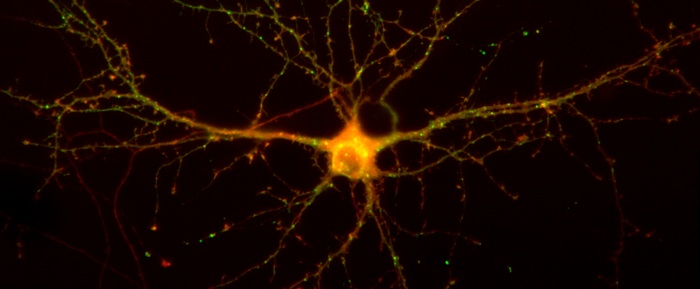WELCOME TO PERROY LAB

The brain’s connectivity determines our ability to perceive the world around us. This connectivity is largely defined by synapses. Synapses provide the basic means for neuronal communication through synaptic receptors and associated scaffold proteins, referred to as receptosome. Receptosome are relatively stable structures, but exchange of individual adaptor within receptosomes can occur on a short time scale and in a highly regulated manner, therefore providing fine-tuning, fast kinetics, and specificity to the receptor signaling. We propose that in the brain, receptosome dynamics are involved in the refinement of synaptic transmission, brain plasticity and neuronal network oscillation, which might be crucial for cognitive functions. Hence, understanding how receptor function is affected by the composition and dynamics of complexes is an essential biological concern that will offer the opportunity to exclusively target the therapeutically relevant signaling pathway of a given receptor.

PATHOPHYSIOLOGY OF SYNAPTIC TRANSMISSION
contact information: Julie.Perroy@igf.cnrs.fr







